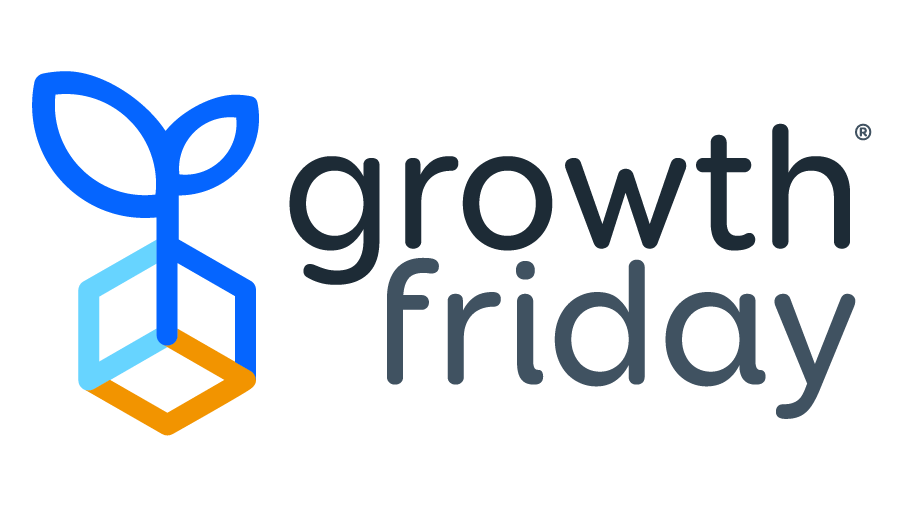SEO for vets
In today's business world, having a presence on the internet is essential. Whether through social media accounts, online advertisements, or your online website (hopefully all three), you want to ensure your business is presented to every consumer possible.
Still, just because you are able to create an online presence does not mean that customers will be flooding to the doors of your business. Why not? Well, there are so many companies out there that are trying to do the same thing as you and your business; bring customers in.
Now, you might be asking, "how does one business generate more traffic than a competitor?" The answer to that is not so simple, but one way for sure is through the use of search engine marketing. Search marketing is defined as ". . .a tactic used to gain online presence and traffic via paid and unpaid strategies on search engines such as Google, Bing, and Yahoo."
As mentioned above, the internet has become so intertwined with the business world that search marketing has become essential for any business owner, from a small pizza shop in the corner of a city to the big corporation you see every day on your drive to work.
Going into further detail, there are two main subsections of search marketing, search engine optimization (SEO) and pay per click advertising (PPC).
Search Engine Optimization (SEO)
In summary, SEO is ". . .a set of practices designed to improve the appearance and positioning of web pages in organic search results. Because organic search is the most prominent way for people to discover and access online content, a good SEO strategy is essential for improving the quality and quantity of traffic to your website."
So in layman's terms, SEO is the process of making your site appealing to the aforementioned search engines in Google, Bing, and Yahoo. But how does one do these search engines determine what sites are optimized versus ones that are not? The answer: web crawlers. And no, this is not referring to spiders.
Web crawlers, in layman's terms, are the assistants of search engines. What they do is store web page data (content, copy, index) for any website on the internet to determine which pages would be most useful for someone exploring the world wide web.
The main objective of SEO is to make your business the top search result when someone goes to explore your specific field. For example, if a veterinarian is trying to increase the traffic of their practice, they would need to ensure they have strong SEO keywords on their website.
These SEO keywords are the phrases and words incorporated into a given website that help define what a website's content is all about. So, going back to the veterinarian example, a vet's website should have keywords on their page such as "veterinarian," "dog," "cat," and so on.
Still, those words are short tail keywords, meaning they have a high usage rate, in turn creating a high level of competition. What will set a website apart is through the use of long-tail keywords (three or more individual words). For instance, if the given veterinarian practice wanted to be the top result when people search for an answer to the question, "what to do when your dog gets stung by a bee." The vet should have phrases or words that would help these web crawlers determine the website is a good resource for the given individual. That means the vet's website should have information surrounding dogs, bees, dogs being stung by bees, and how to take care of a dog or other pet that was stung by a bee.
Pay Per Click Advertising (PPC)
On the other side of things, pay per click advertising (PPC) is described as, ". . .an advertising model that lets advertisers place ads on an advertisement platform and pay the host of the platform when their ad is clicked." An example of this would be placing a Facebook ad on Facebook. Once that ad is clicked, the given company (in this example, a vet practice) would then have to pay Facebook for that click. All things considered, PPC advertising is much easier to understand than SEO, but it is still not any more important. Both paid and unpaid search marketing are meaningful in this digital world. The big difference is that one you have to pay for, and the other you have to put more time and effort into creating searchable keywords and phrases for your website.

